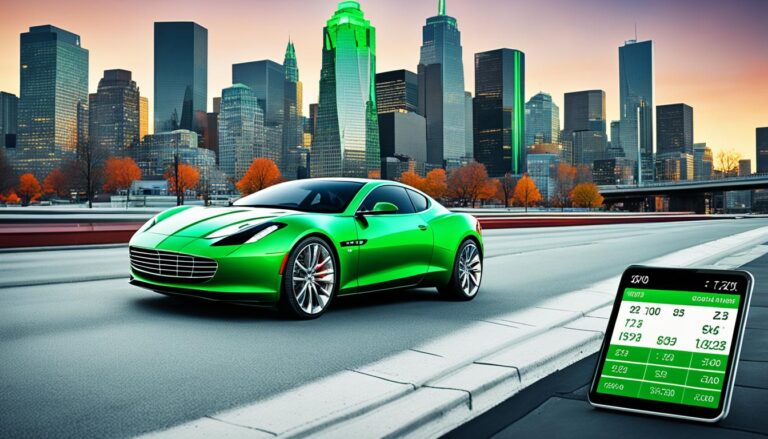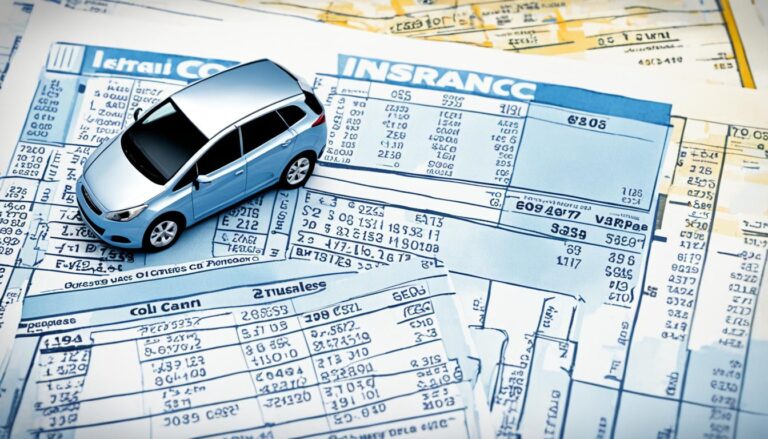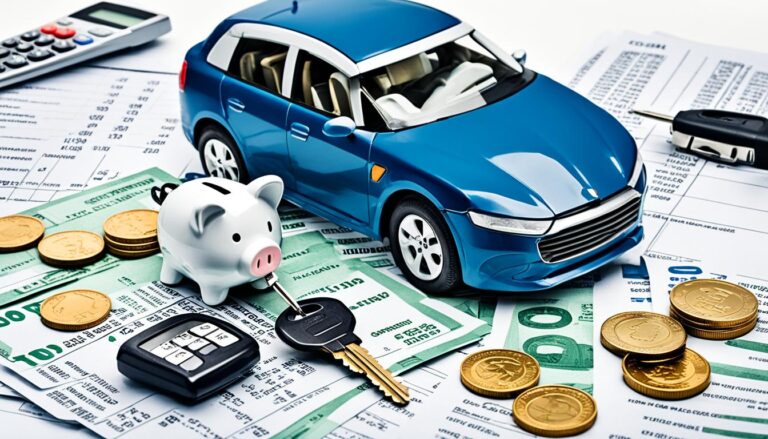When purchasing a vehicle, many of us only consider the sticker price and monthly loan payments. However, there are numerous other vehicle ownership costs that need to be factored in to get a complete picture of the financial commitment. In this article, we’ll explore the hidden expenses and often overlooked costs that come with owning a car.
From insurance premiums and routine maintenance to fluctuating gas prices and depreciation, the true cost of vehicle ownership extends far beyond the initial purchase. By understanding these additional expenses, we can better budget and plan for the long-term financial implications of our automotive decisions.
The Hidden Expenses of Owning a Car
When it comes to vehicle ownership, the purchase price is just the tip of the iceberg. Beyond the initial cost, car owners must factor in a range of ongoing expenses that can significantly impact their overall budget. Two of the most significant hidden costs associated with car ownership are insurance premiums and routine maintenance.
Insurance Premiums: A Necessary Evil
Car insurance is a legal requirement in most places, and the monthly premiums can vary widely depending on factors such as your driving record, the type of vehicle you own, and your geographic location. While insurance may feel like an unnecessary expense, it’s a crucial safeguard against the financial consequences of accidents, theft, or other unforeseen incidents. Savvy car owners should shop around and compare quotes to find the most competitive rates that still provide the coverage they need.
Routine Maintenance: Keeping Your Car in Top Shape
Maintaining your car in good condition is essential to ensuring its longevity and reliability. Regular oil changes, tire rotations, brake repairs, and other routine maintenance tasks can add up quickly, but they’re necessary to keep your vehicle running smoothly and safely. Neglecting these essential services can lead to more costly repairs down the line, making it crucial to budget for these vehicle maintenance expenses as part of your overall car ownership costs.
By being aware of and planning for these hidden car insurance costs and unexpected car ownership costs, car owners can better manage their finances and ensure their vehicles remain reliable and road-ready for years to come.
“Proper maintenance is the key to a long-lasting, well-performing vehicle.”
Costs Ownership Vehicle
When considering the total cost of owning a vehicle, it’s important to look beyond the initial sticker price and monthly payments. There are several additional expenses that can significantly impact the overall cost of car ownership. Understanding these factors can help you better budget for your vehicle and make an informed decision when purchasing a new or used car.
Factors Affecting Car Ownership Costs
The total cost of vehicle ownership is influenced by a variety of factors, including:
- Insurance premiums
- Routine maintenance and repairs
- Fuel costs
- Parking fees
- Depreciation and resale value
By factoring in these expenses, you can better estimate the true cost of owning and operating a vehicle, which is crucial for budgeting and financial planning.
Budgeting for Car Expenses
Creating a detailed budget for your car-related expenses can help you understand the total cost of vehicle ownership and plan accordingly. This should include not only the monthly loan or lease payments, but also the following:
| Expense | Estimated Cost |
|---|---|
| Insurance | $1,000 – $2,500 per year |
| Routine Maintenance | $500 – $1,000 per year |
| Fuel | $1,500 – $3,000 per year |
| Parking | $500 – $1,200 per year |
| Depreciation | $2,000 – $5,000 per year |
By accounting for these expenses, you can develop a comprehensive budget that prepares you for the total cost of vehicle ownership and helps you make informed decisions about your transportation needs.
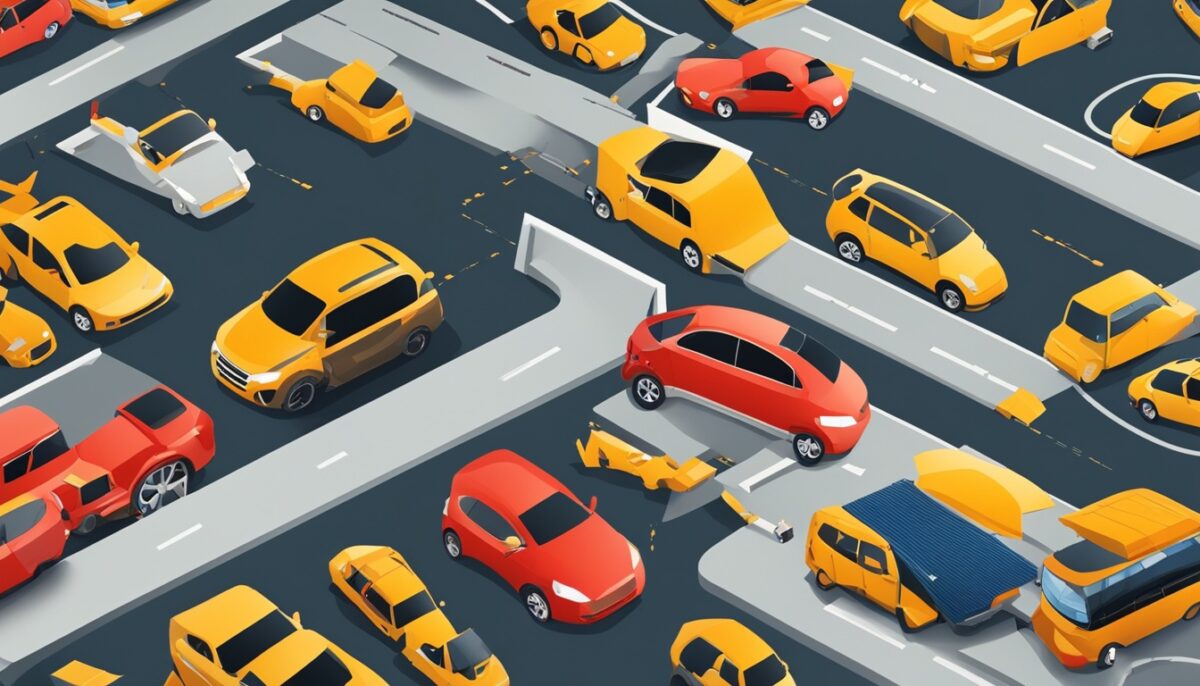
“Understanding the full scope of car ownership costs is crucial for making a financially responsible decision and ensuring your transportation needs are met within your budget.”
The True Cost of Fuel and Parking
As vehicle owners, we often focus on the initial purchase price and monthly car payments, but the true cost of owning a car extends far beyond these upfront expenses. Two significant ongoing costs that can have a significant impact on our overall vehicle expenses are fuel costs and parking expenses.
Gas Prices: A Constant Fluctuation
The fuel costs of car ownership can be a major financial burden, and gas prices are notoriously volatile. From week to week or even day to day, the price per gallon can fluctuate, making it challenging to accurately budget for this expense. When gas prices rise, the impact on our wallets can be substantial, cutting into the funds we have available for other expenses.
According to a recent study, the average American household spends over $2,000 per year on fuel costs for their vehicles. This figure can vary widely depending on factors like the fuel efficiency of our cars, the number of miles we drive, and the prevailing gas prices in our local area. Understanding the impact of gas prices on our overall car costs is essential for effective financial planning.
Parking Expenses: An Often Overlooked Cost
In addition to fuel costs, the parking expenses for vehicle owners can also be a significant burden. Whether we’re paying for a spot at our workplace, finding a space to park while running errands, or covering the cost of residential parking, these expenses can quickly add up.
A study by the American Automobile Association (AAA) found that the average annual cost of parking for vehicle owners is around $1,000. This can vary greatly depending on where we live and the availability of free or discounted parking options in our area. Factoring in these parking expenses is crucial when determining the true cost of car ownership.
By understanding the fluctuating nature of fuel costs and the often-overlooked parking expenses, we can better prepare for the true cost of owning a vehicle. This knowledge can help us make more informed decisions about our transportation needs and budgeting priorities.
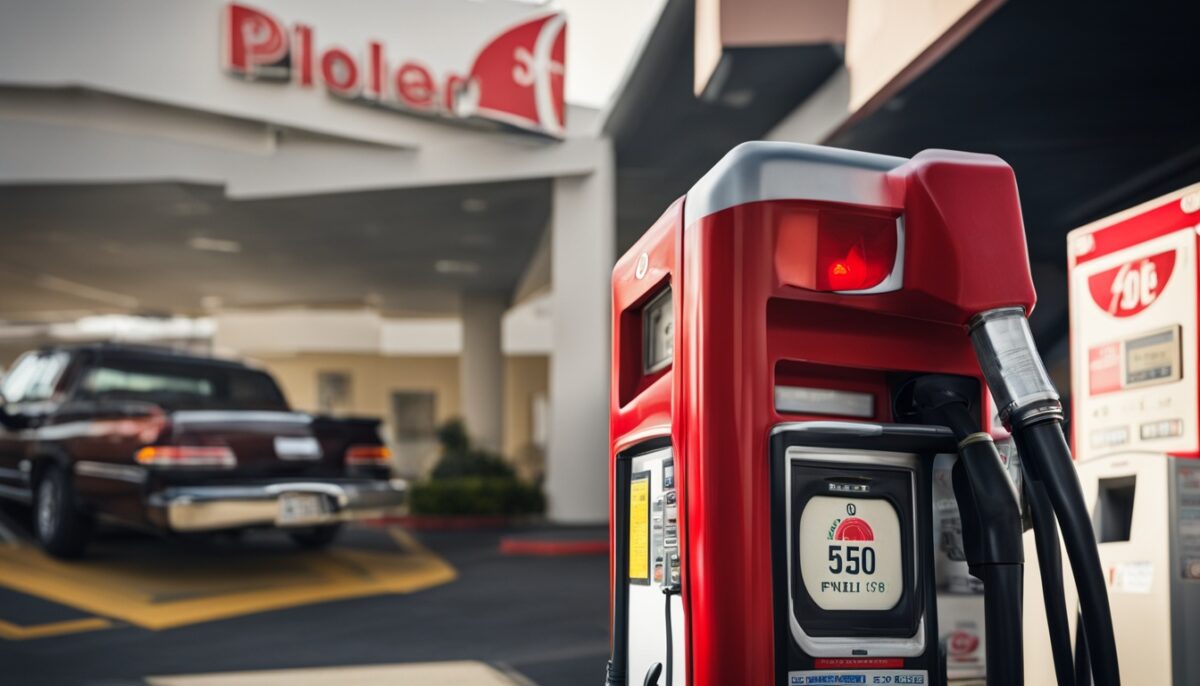
| Expense | Average Annual Cost |
|---|---|
| Fuel Costs | $2,000 |
| Parking Expenses | $1,000 |
“Understanding the impact of gas prices and parking expenses on our overall car costs is essential for effective financial planning.”
Depreciation and Resale Value: What You Need to Know
As vehicle owners, one of the most significant financial considerations we face is the impact of depreciation. Cars often lose a substantial portion of their value within the first few years of ownership, which can significantly influence the overall cost of ownership and the potential resale value when it’s time to sell or trade-in the vehicle.
The car depreciation rate can vary depending on factors like the make, model, mileage, and age of the vehicle. Understanding this concept is crucial, as it can help us make informed decisions about purchasing, owning, and eventually selling or trading our vehicles. By being mindful of the resale value, we can better plan for the financial implications of our vehicle ownership journey.
Staying up-to-date on the latest trends in car depreciation and resale values can empower us to make more strategic decisions when it comes to our vehicle investments. Researching the market, comparing prices, and considering the impact of depreciation can all contribute to a more comprehensive understanding of the true cost of car ownership.

